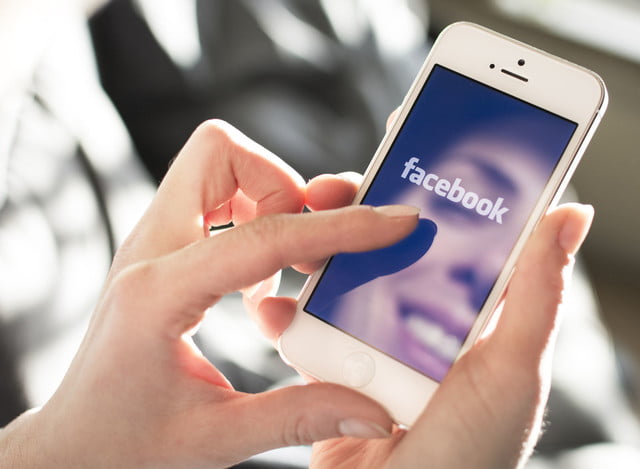
The news comes just days after the company announced new ways to fight terrorist content online. The new tools are being tested in India and developed in collaboration with security organizations in India, including the Center for Social Research, the Learning Links Foundation, Breakthrough India and Youth Ki Awaaz. The goal, said Facebook, is to give users a greater degree of control over their online experience and also keep them safe.
» Profile images are an important part of building the Facebook community because they help people find friends and create meaningful connections,» Aarati Soman, a Facebook product manager , wrote in a statement . «In our research with security people and organizations in India, we have heard that some women choose not to share profile images that include their faces anywhere on the Internet because They are worried about what may happen to their photos. »
So to keep them safe, Facebook is developing a new layer of security for profile images. If you select this feature, other users will not be able to download, share or send your photo in a Facebook message. Also, people you are not friends with on the net will not be able to tag anyone, including themselves, in your profile photo. Facebook will also try to prevent others from taking screenshots of your image, a feature currently available only on Android devices. And finally, Facebook will show a blue border and a shield around your profile photo to indicate that it is protected.
«Based on preliminary testing, we have learned that when someone adds an extra design layer to their profile image, other people are at least 75 percent less given to copy that image,» Soman said. So if you’re looking for ways to stay safe on social networks, you can start with your profile photo.
Recomendaciones del editor
- Tu compañía de seguros de auto sabe más sobre ti de lo que crees
- ¿Por qué algunas fotos de perfil de Twitter están cuadradas?
- Esta es la app que usan en la EEI para tomar fotos de la Tierra
- Exempleada: “Facebook es mucho más peligroso de que lo que se cree”
- Los podcasts llegarán a Facebook más pronto de lo que crees


